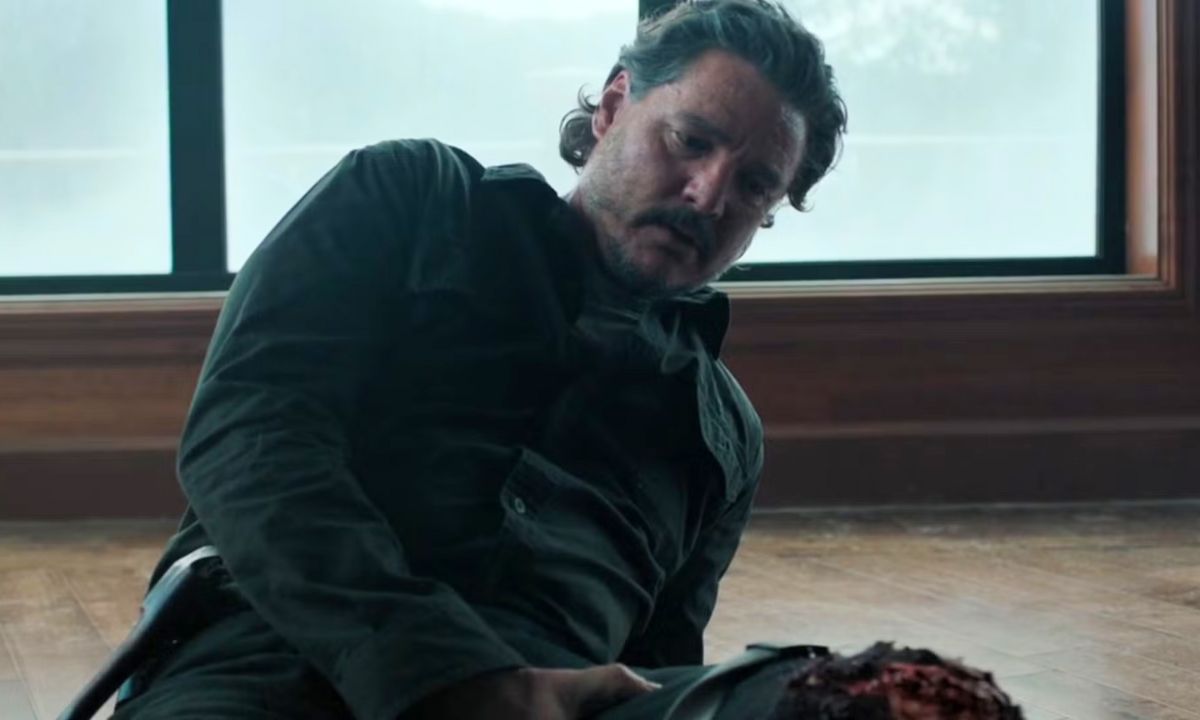Fans of The Last of Us were left reeling after Episode 2 of Season 2, where one of the show’s most beloved characters, Joel Miller, meets a harrowing end. For viewers unfamiliar with the video game, the sudden brutality of his death might come as a shock. But for longtime fans of the franchise, this moment was always coming. Read to find out,
What Happened To Joel In The Last Of Us Season 2?
In the episode, Joel (Pedro Pascal) is savagely beaten to death by Abby Anderson (Kaitlyn Dever), a new character introduced as the daughter of the Firefly surgeon Joel killed in the Season 1 finale. After Joel saves her from infected creatures, Abby turns on him, delivering a vicious and deeply personal form of justice. It’s a moment that’s painful to watch, not just because of the violence, but because of what Joel meant to the series, and to Ellie (Bella Ramsey), who witnesses the act.
In a report by USA Today, Showrunner Craig Mazin explained that Joel’s death wasn’t a shock twist, but something carefully planned from the start. “This is how the story has to unfold,” he said, stressing that the show was never going to be a long-running series with Joel at the centre. When Pedro Pascal took the role, he knew exactly what was in store for his character in Season 2. While the show softens some of the graphic nature of Joel’s death compared to the game, with the beating happening mostly off-screen, it still hits hard emotionally.
According to Mazin, it was important to show Abby crossing a line. Her revenge goes beyond justice, reflecting the larger themes of grief and how people cope with unbearable loss. Interestingly, Joel isn’t entirely gone from the show. While his death is final, viewers will still see more of Pedro Pascal in future episodes, likely in the form of flashbacks, unresolved moments with Ellie, or through Ellie’s memories. The show is now set to explore the emotional fallout of Joel’s death, focusing on how characters like Ellie, Tommy, and new arrival Dina (Isabela Merced) grapple with it.
Joel’s death may be the end of one chapter, but it opens the door to a darker, more emotionally complex narrative. As Mazin puts it, this isn’t just a story about revenge, it’s about what grief does to people, and what they’re willing to become in its wake.

